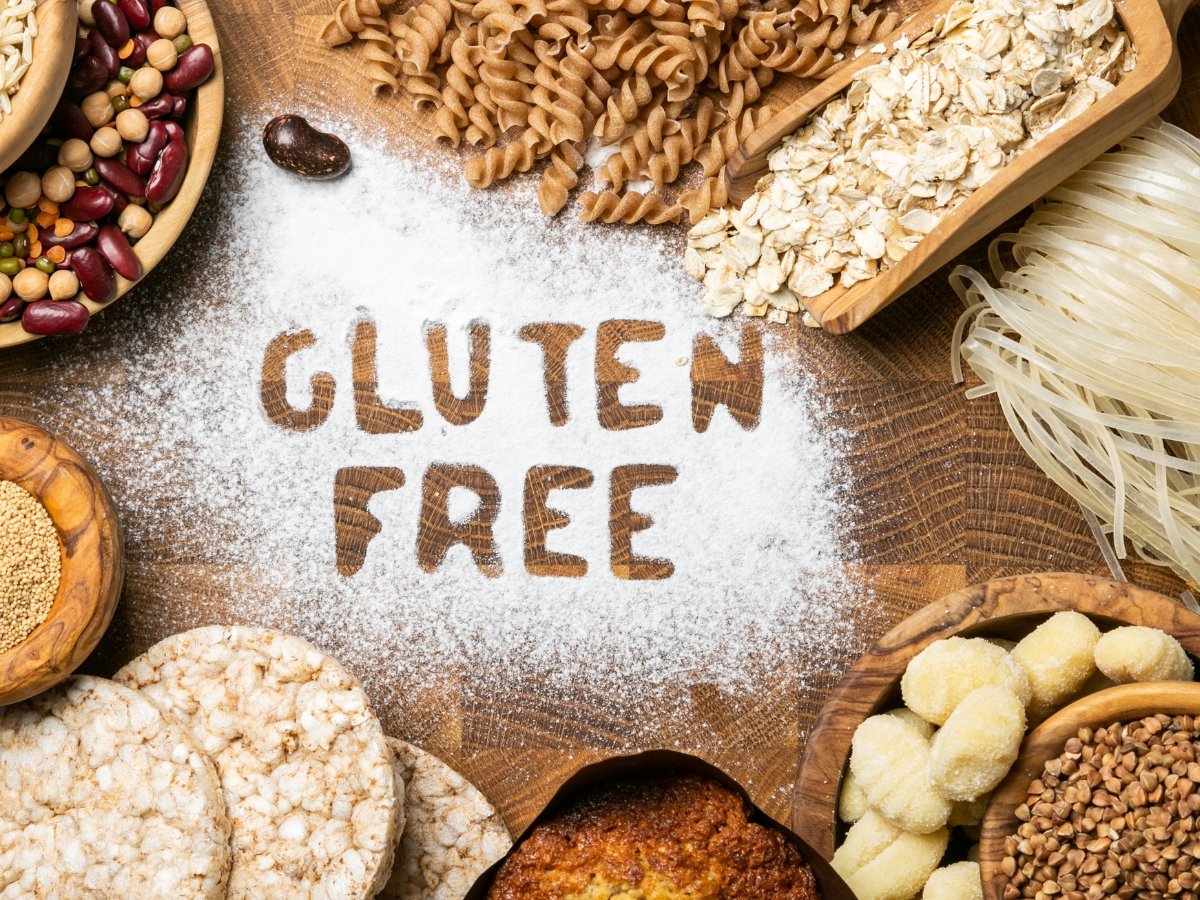The rise of the gluten-free lifestyle has garnered significant attention in recent years. While it’s essential for individuals with certain health conditions, the choice to adopt this diet often stems from various motivations and misconceptions. This article aims to dispel common myths and present the facts about living gluten-free.
What is Gluten and Who Needs to Avoid It?
Gluten is a protein found in wheat, barley, rye, and their derivatives, known for giving elasticity to dough and structure to baked goods. However, for people with celiac disease, an autoimmune disorder affecting about 1 in 100 people globally, ingesting gluten triggers a harmful immune response. Similarly, non-celiac gluten sensitivity and wheat allergy are conditions that necessitate a gluten-free diet, although they differ from celiac disease in their physiological impacts.
Debunking Myths Around the Gluten-Free Diet
Myth 1: A gluten-free diet is healthier for everyone.
Fact: While beneficial for those with gluten-related disorders, there’s no evidence that a gluten-free diet is healthier for the general population. In fact, it can lead to nutritional deficiencies if not properly managed.
Myth 2: Gluten-free foods are always a healthier alternative.
Fact: Many gluten-free products are highly processed and can be higher in sugar and fat compared to their gluten-containing counterparts. It’s important to read labels and make informed choices.
The Realities of a Gluten-Free Lifestyle
Challenges: Adopting a gluten-free diet can be demanding, especially when dining out due to limited options and the risk of cross-contamination. The diet can also be more expensive and socially isolating.
Benefits: For those with gluten-related disorders, a gluten-free diet can lead to significant health improvements, including better digestive health and increased energy levels.
Incorporating a Gluten-Free Diet Effectively
Consult a Professional: Before making any dietary changes, it’s crucial to consult with a healthcare provider or a registered dietitian to ensure nutritional adequacy and personal health needs are met.
Stay Informed: Keep up-to-date with the latest information and resources. Following reputable websites and social media accounts dedicated to gluten-free living can provide valuable insights and support.







